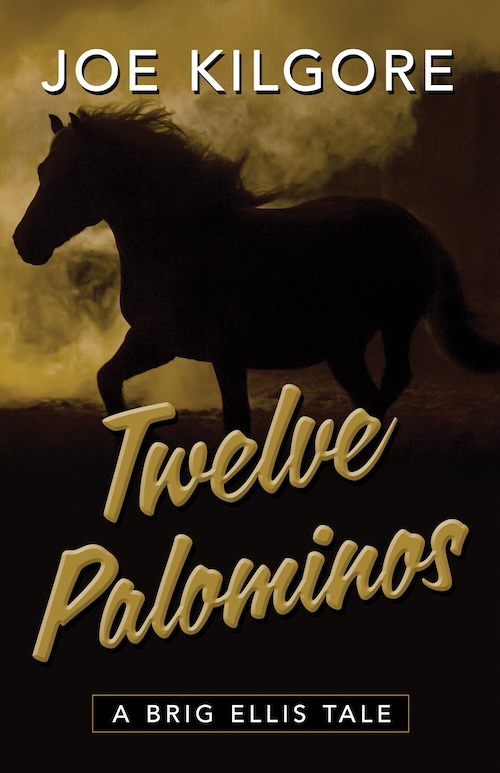Where Nothing Is As It Seems
Tuesday, May 26th, 2015Is it the newsreels? The films of the 40’s? What is it that immediately shifts our mnemonic transmissions into black and white when we think of the Second World War and its aftermath? What is it that turns streets and alleys and craters and ruins into varying shades of gray. It really is gray, isn’t it? Yes, the shadows are black, or charcoal perhaps. And the snow is white, when not tinged with soot. But eventually it all becomes gray. Not just the image, but also the times, the people, the stories too.
Nowhere is gray more apparent than in Joseph Kanon’s latest novel, Leaving Berlin. It’s postwar Berlin, but just barely. It’s the Berlin airlift, but only tangentially. Mostly it’s the gray Berlin of divided zones, hazy memories, unsure motivations, unendurable alliances, unintended consequences, and perhaps most piteously, unachievable aspirations.
Alex is a Jewish exile retured from America to take his place among the emerging Communist community in East Berlin. Or so it seems. Irene is his first love who survived the Nazi ascent to power, the city’s descent into starvation, even the victorious Russians rape of the vanquished. Or did she? Dieter is an ex German policeman now working for the West. Markus is a new German policeman now working for the East. Markovsky is a Communist victor now overseeing unspeakable acts. Gustav is a Nazi doctor now hiding acts of his own. Berlln, 1949, is a patchwork of intrigue, hidden agendas, heroism and treachery. A study in gray if ever there was one.
Kanon is a master storyteller. With each sentence, each paragraph, each chapter, he reveals information that illuminates what you’ve already read and infuses what is to come with even more mystery. Nothing is obvious plot device. His characters act and react as befits real human beings caught up in the envy, the lust, the sorrow and the hope that is life. When you leave Berlin, and the characters that populate this engaging novel, you will be sorry to go.
Joseph Kanon is often compared to John Le Carre and Graham Green. Rather heady company to be associated with. Certainly his work, especially Istanbul Passage and The Good German compare favorably with The Spy Who Came In From The Cold and The Third Man. But make no mistake, Kanon is his own man in wit, style, and in his ability to hold the reader in a compelling grasp. Don’t believe me? Take this black and white tour of a very gray Berlin when the war had ended but intrigue continued to snatch you into a waiting car. Like The Fiction Fortune Hunter, you’ll be the better for it.
